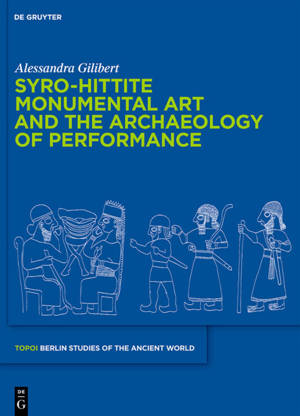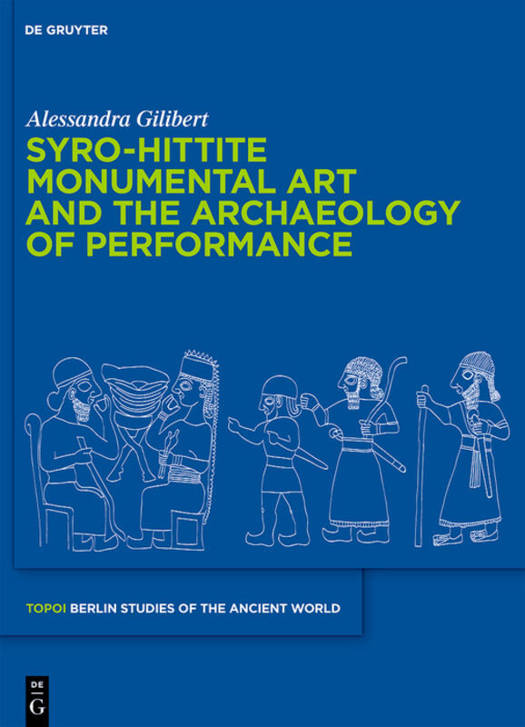
- Retrait gratuit dans votre magasin Club
- 7.000.000 titres dans notre catalogue
- Payer en toute sécurité
- Toujours un magasin près de chez vous
- Retrait gratuit dans votre magasin Club
- 7.000.0000 titres dans notre catalogue
- Payer en toute sécurité
- Toujours un magasin près de chez vous
Syro-Hittite Monumental Art and the Archaeology of Performance
The Stone Reliefs at Carchemish and Zincirli in the Earlier First Millennium Bce
Alessandra GilibertDescription
The ceremonial centers of the Syro-Hittite city-states (1200-700 BC) were lavishly decorated with large-scale, open-air figurative reliefs - an original and greatly influential artistic tradition that has captivated the imagination of its contemporaries as well as that of modern scholars. This volume explores how Syro-Hittite monumental art was used as a powerful backdrop to important ritual events, and it opens up a new perspective by situating the monumental heritage in the context of large public performances and civic spectacles of great emotional impact. The first part of the volume focuses on the sites of Carchemish and Zincirli, offering a close reading of the relevant archaeological contexts. The second part of the volume discusses the embedment of monumental art in ritual performance and examines how change in art relates to change in ceremonial behavior, and how the latter relates in turn to change in power structures and models of rulership.
Spécifications
Parties prenantes
- Auteur(s) :
- Editeur:
Contenu
- Nombre de pages :
- 236
- Langue:
- Anglais
- Collection :
- Tome:
- n° 2
Caractéristiques
- EAN:
- 9783110222258
- Date de parution :
- 17-05-11
- Format:
- Livre relié
- Format numérique:
- Genaaid
- Dimensions :
- 213 mm x 335 mm
- Poids :
- 1065 g

Les avis
Nous publions uniquement les avis qui respectent les conditions requises. Consultez nos conditions pour les avis.






